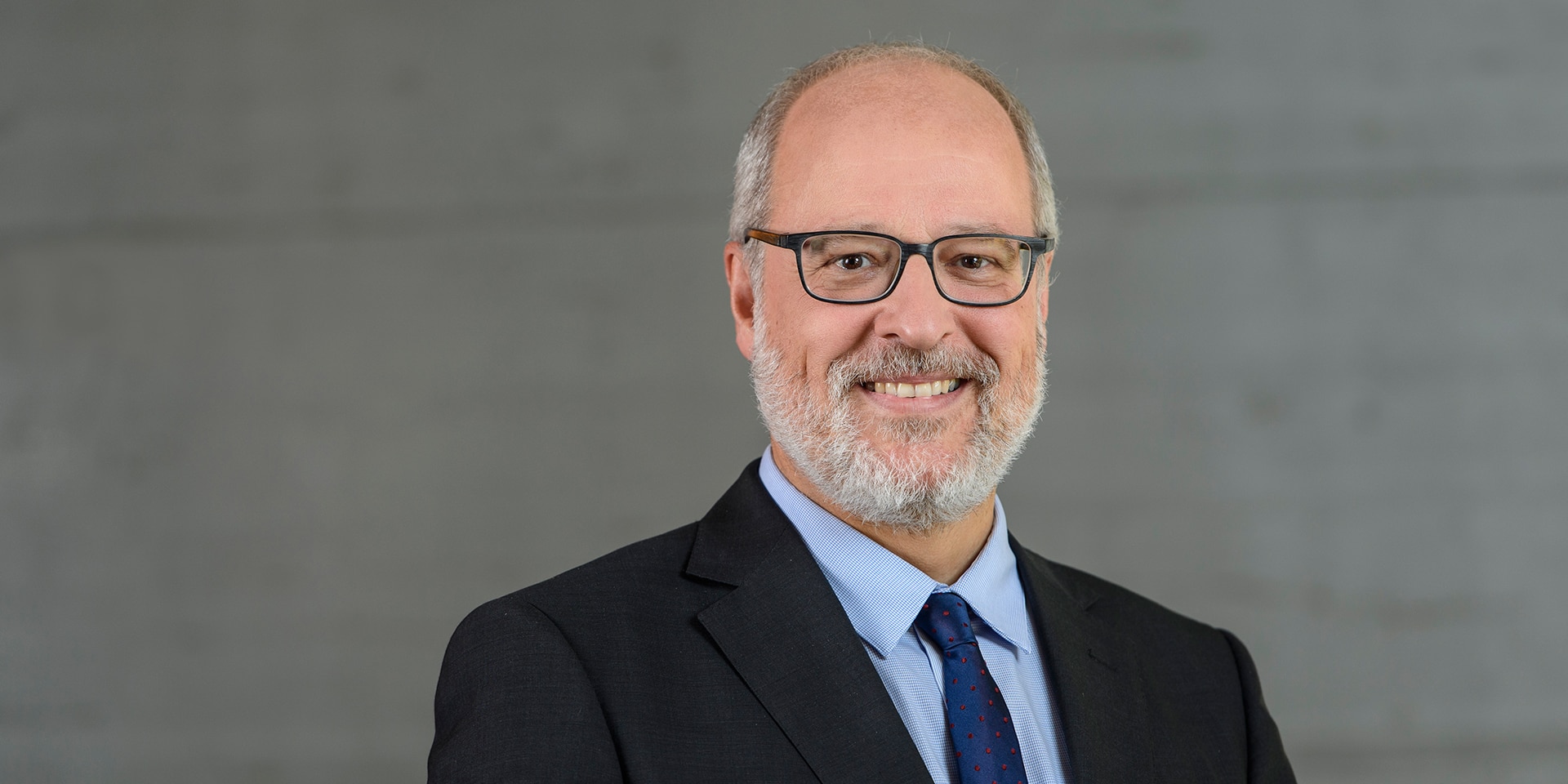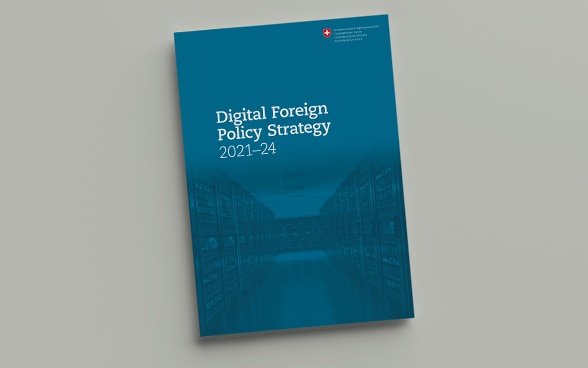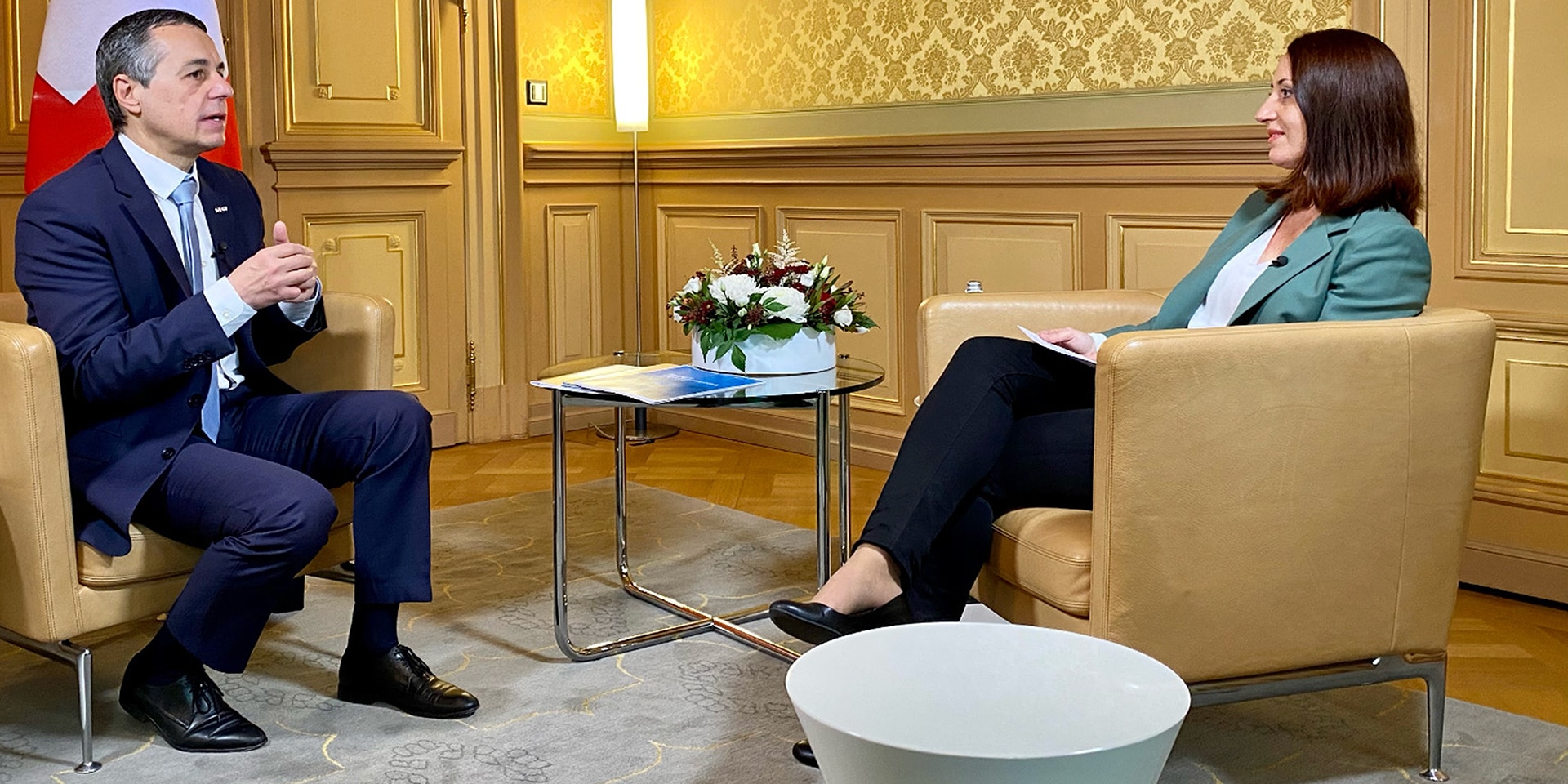Federal Council appoints special representative for science diplomacy
New technologies are becoming increasingly important to foreign policy: what opportunities does digitalisation bring and which aspects need to be regulated? International Geneva provides a platform for Switzerland in promoting dialogue between the scientific and diplomatic communities. The Federal Council seeks to strengthen Geneva's role as a digital governance hub and has now appointed Ambassador Alexandre Fasel as the first special representative for science diplomacy in Geneva.

The Federal Council has appointed Ambassador Alexandre Fasel as special representative for science diplomacy. © FDFA
Digitalisation has become an increasingly important foreign policy issue on two levels. Firstly, there is the challenge of managing the new technologies. Although digitalisation holds great potential and creates opportunities for people, it also raises questions that societies need to address, such as the need for new rules and regulations to protect privacy, and ways to reduce the risk of cybercrime.
Understanding science
Secondly, there is a need for greater interaction between the worlds of science and diplomacy. As Federal Councillor Ignazio Cassis pointed out during his speech at the University of St Gallen in May 2019, "to strike out in new directions, you have to understand science as well as diplomacy". This means harnessing the strengths of science and diplomacy and finding fresh approaches to address the challenges posed by new technologies.
More recently, the Federal Council reiterated the importance of digitalisation to foreign policy. At the beginning of November 2020, it adopted the Digital Foreign Policy Strategy 2021–24, following on from Switzerland's Foreign Policy Strategy 2020–23, which introduced digitalisation as a thematic focus area.
Building on digital foreign policy

The Digital Foreign Policy Strategy provides a framework for Switzerland to promote its interests and values in the digital space — the same interests and values that it pursues in the physical world. Switzerland is strongly committed to creating a free, open and secure digital space.
Switzerland's digital foreign policy is based on international law and focuses on people and their needs. Specifically, the aim is to raise Switzerland’s profile in the area of digital governance, further develop its digital foreign policy and position International Geneva as a leading hub for discussing digitalisation and technology. The Digital Foreign Policy Strategy fleshes out these aims and the Federal Council's appointment of a special representative is key to strengthening the role of International Geneva as a digital governance hub.
Special representative for science diplomacy
The special representative for science diplomacy will be responsible for strengthening science diplomacy and digitalisation in the context of Swiss foreign policy and, in particular, leveraging the potential of International Geneva in these areas. Geneva already plays host to various organisations and companies with extensive expertise in science and new technologies. The new special representative for science diplomacy is tasked with stepping up cooperation between the various scientific, business, government, multilateral and civil society stakeholders, with a view to boosting Geneva's role as a digital governance hub.
The Federal Council has appointed Ambassador Alexandre Fasel, an acknowledged expert on International Geneva, as the first special representative for science diplomacy. Ambassador Alexandre Fasel headed the Permanent Mission of Switzerland to the United Nations Office and to the other international organisations in Geneva between 2013 and 2016.



